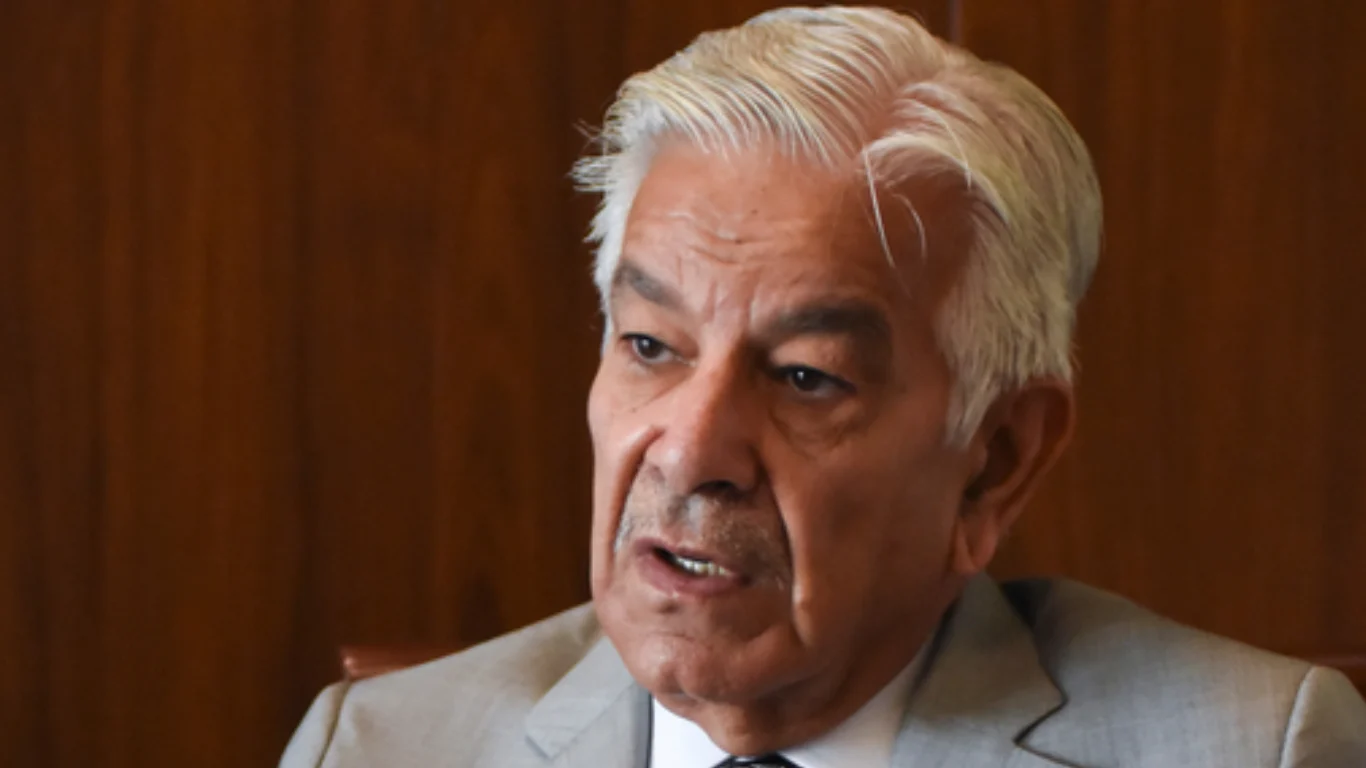
Pakistan’s Defence Minister Khawaja Muhammad Asif has found himself at the center of international ridicule following a widely criticized interview with CNN, in which he failed to provide credible evidence supporting Pakistan’s claim that it had downed five Indian Air Force (IAF) fighter jets during India’s recent Operation Sindoor. Appearing on CNN with anchor Becky Anderson, Asif was directly questioned about Pakistan’s assertion that it had successfully shot down multiple Indian jets. India has categorically denied the claim, stating that there is no evidence to support such an occurrence. Anderson, known for her pointed interviewing style, asked Asif to present any definitive proof for the serious allegation made by his government. Rather than referencing radar data, photographic evidence, or any official military reports, Asif responded by saying the evidence was “all over social media”—a reply that was immediately and sharply rebuked by the host. “You’re the defence minister, sir.
The reason to talk to you today, sir, is not to talk about content all over social media. I’m sorry,” Anderson interjected, clearly unimpressed with the minister’s lack of substance. The awkward exchange quickly went viral online, with the interview clip amassing nearly half a million views on X (formerly Twitter), and sparking a deluge of mockery and incredulous commentary directed at the Pakistani minister. Viewers across the globe criticized Asif’s response as emblematic of a government relying on flimsy narratives rather than factual evidence, especially in the context of escalating tensions between two nuclear-armed neighbors. One user posted sarcastically,
“He basically said, ‘trust me bro’,” while another quipped, “A day without international embarrassment is a day wasted for Pakistan.” Others questioned the credibility and seriousness of Pakistan’s government, with one viral comment stating, “This is the Defence Minister’s statement? Pakistan is not a serious country.” Another observer added, “How can a minister say he saw it online? This is beyond parody.” The use of unverified social media posts as a substitute for hard intelligence or official confirmation has raised eyebrows, even among political analysts, many of whom warn that such communication erodes public trust and damages a country’s credibility on the international stage. In a time when facts and strategic messaging are critical, particularly in matters involving military conflict and international diplomacy, Asif’s remarks have drawn fire not only from India and international media but also from critics within Pakistan, who argue that the country’s leadership must adopt a more responsible and evidence-based approach when engaging with the world. The claim of having downed Indian jets comes in the aftermath of Operation Sindoor, a major Indian military offensive that targeted terror infrastructure in Pakistan and Pakistan-occupied Kashmir in response to the deadly Pahalgam terror attack, which killed 26 civilians. While India has described the operation as a “precise and restrained response” targeting terror camps without harming civilian or military infrastructure, Pakistan has attempted to portray the operation as an act of aggression.
In this context, the assertion of shooting down Indian aircraft may be seen as part of Islamabad’s effort to project strength to both domestic and international audiences. However, Khawaja Asif’s inability to provide verifiable details significantly undermined that narrative. Social media, while a valuable tool for real-time information sharing, is not a credible substitute for official verification in the context of international conflict, especially when stakes include military escalation and geopolitical stability. The incident has triggered a larger conversation about the role of state officials in managing information and the importance of credibility in the age of digital misinformation. Asif’s reliance on social media not only fell short in satisfying journalistic rigor but also underscored the broader problem of conflating viral content with validated truth.
The optics of a national defense minister referencing unverified social media content on a major international news platform at such a sensitive geopolitical moment have done considerable damage to Pakistan’s public diplomacy. The fallout has not only invited ridicule but may also impact Pakistan’s standing in diplomatic and strategic circles, where credibility and clarity are paramount. In diplomatic corridors and military briefings, evidence—not virality—is the currency of credibility, and on this occasion, Pakistan appears to have come up short.

















